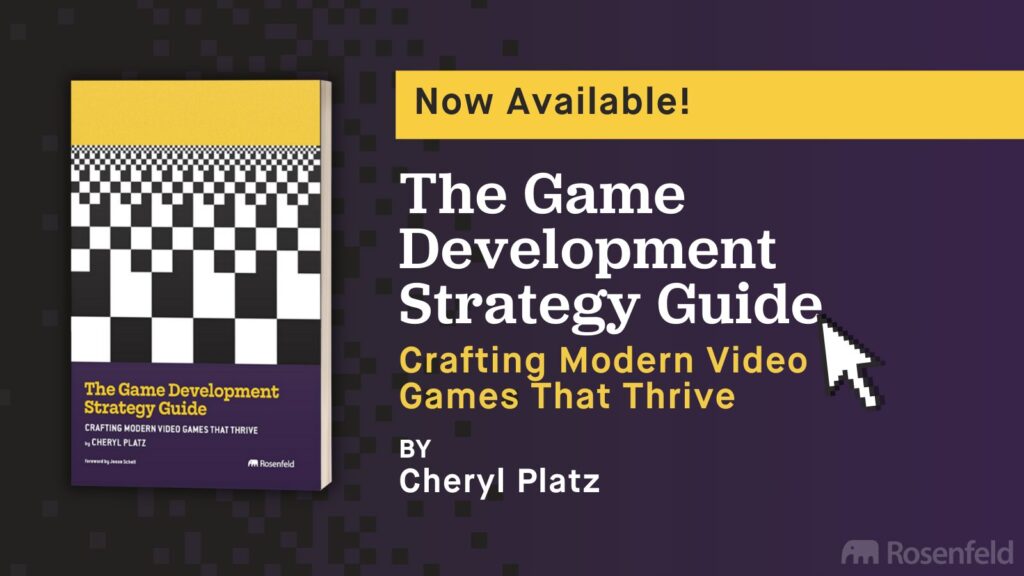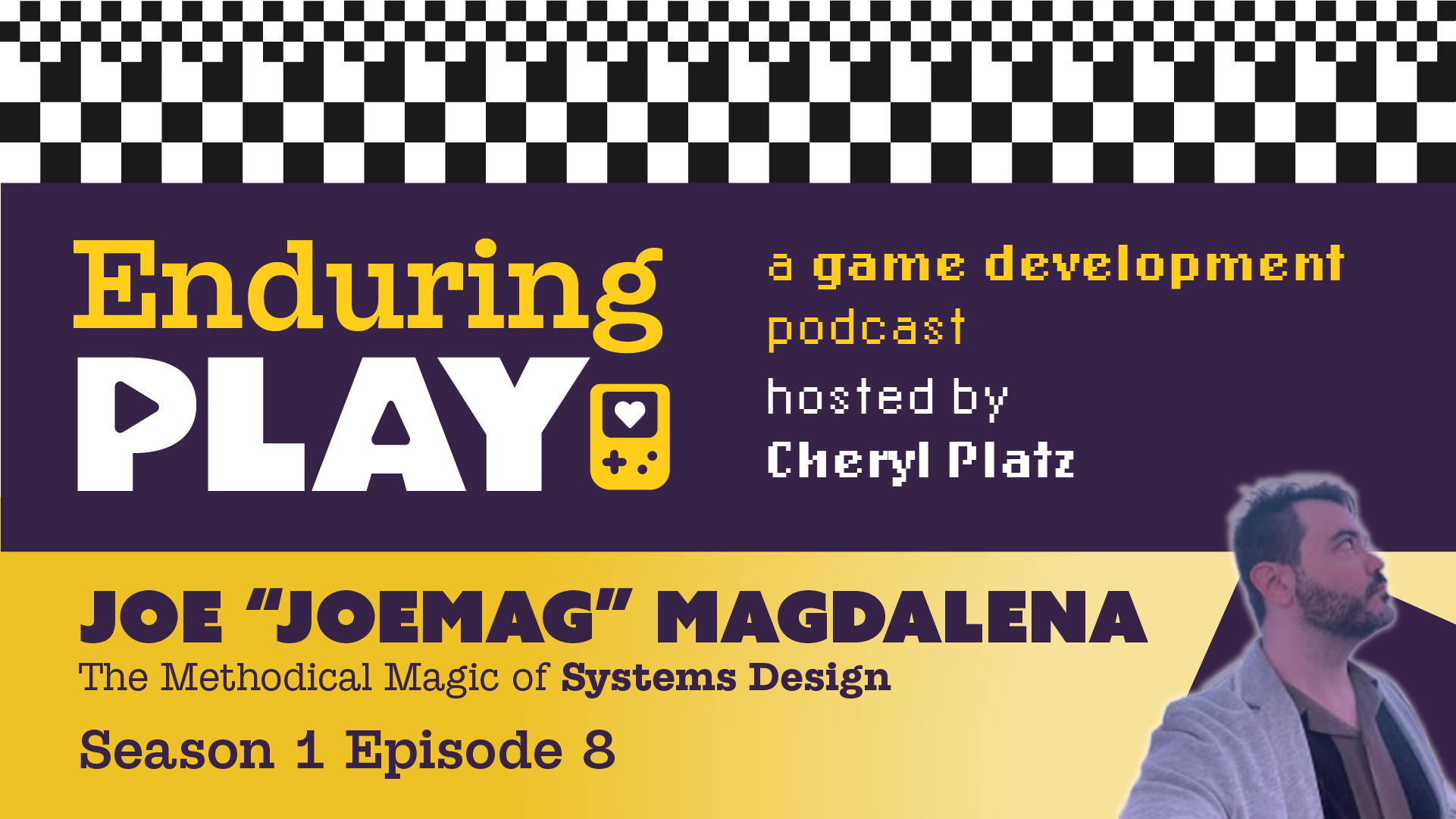The eighth episode of Enduring Play, A Game Development Podcast hosted by Cheryl Platz is now available with guest Joe Magdalena, better known around the internet simply as joemag, sharing his perspective as an experienced systems designer on games like Hearthstone and Teamfight Tactics. Listeners will learn about what it takes to design content for live operations games and why joemag believes all game designs are systems design challenges. You’ll hear about the magic of spreadsheets and tuning curves, learn some basic truths about progressions, player rewards, and community relations, and get insight into how designers partner with other disciplines to make their visions real within highly constrained environments while extolling the importance of tools for better game development. As with all episodes of Enduring Play, definitions and context are provided to make sure as many listeners as possible can enjoy the journey.
Engage with the episode now:
Key Quotes
“When you’re in systems design, you’re much more documentation, spreadsheets; really starting to look at things over a long period of time. Noodling on curves. When you’re doing it great as a systems designer, you can change one number and change the entire game, the entire trajectory of everything. And look, when you get a good spreadsheet that does that? It’s magic.”
“At the end of the day, video games are a collection of systems. A lot of the pattern language and how we talk about games: it’s all about breaking it down into its core parts. And yes, all games need system designers because all games are, at the end of the day are systems. There are puzzles to be solved, there are systems to be figured out. That is what you are when you are interacting with a game. You are interacting with systems.”
“You can never, ever, ever, ever give a player less than you gave them before. If I have any lesson I pulled away from Hearthstone and from my experience there: no matter what you do, if you’re giving away 20 diamonds and next Christmas you give them 15? You are going to make a huge mistake. They are very sophisticated. They will run the numbers. They will know – even if you don’t give diamonds, if you give gems that next year but they actually figure out “Well, the actual monetary value of diamonds is this and the actual value of gems…” and figure out the whole thing like, “No, you have now actually degraded our experience year to year.”
Having proprietary tools is extremely valuable and is very underrated. I have worked in companies where we were using a tool set to generate content to build stuff into the game that’s basically just generating JSONs on the back end or whatever, but is actually a usable interface. We had tooling like that on Hearthstone and we had a team that was dedicated to adding new content to those tools, dedicated to fixing issues with those tools, dedicated to actually talking with developers and be like, “What do you need? What can we do to evolve and iterate on this tooling to make it easier, make it better for you?” And that is heaven. That’s the dream.
Share on Social Media
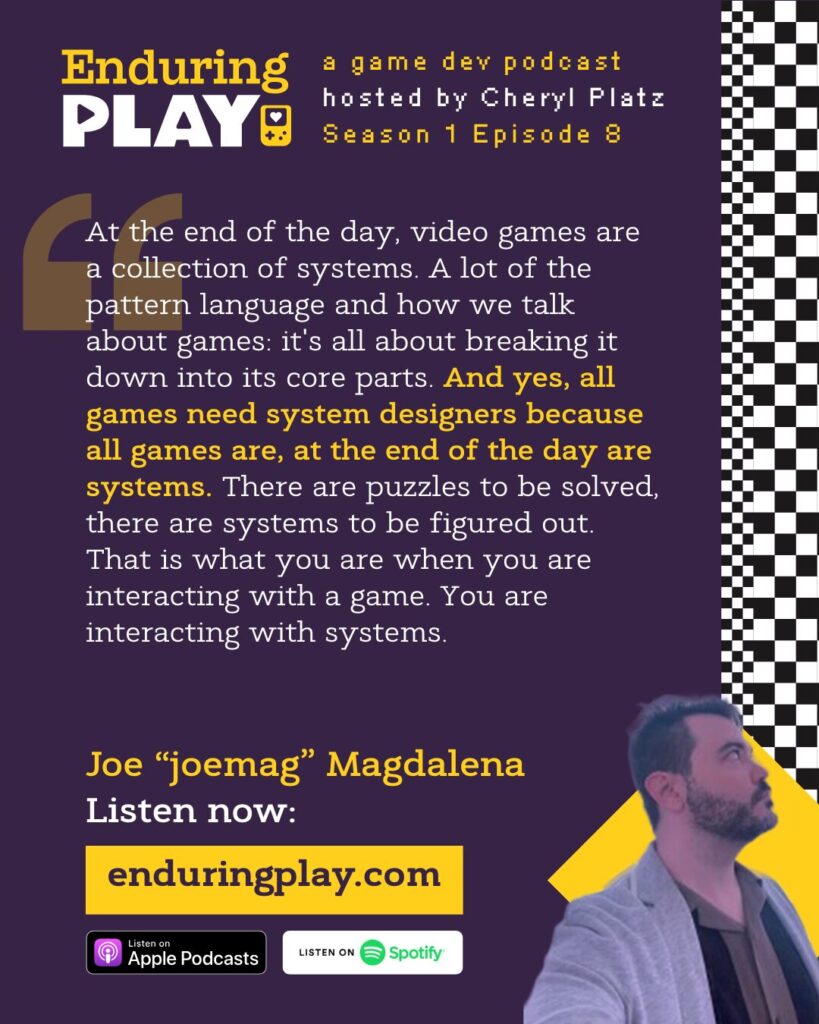
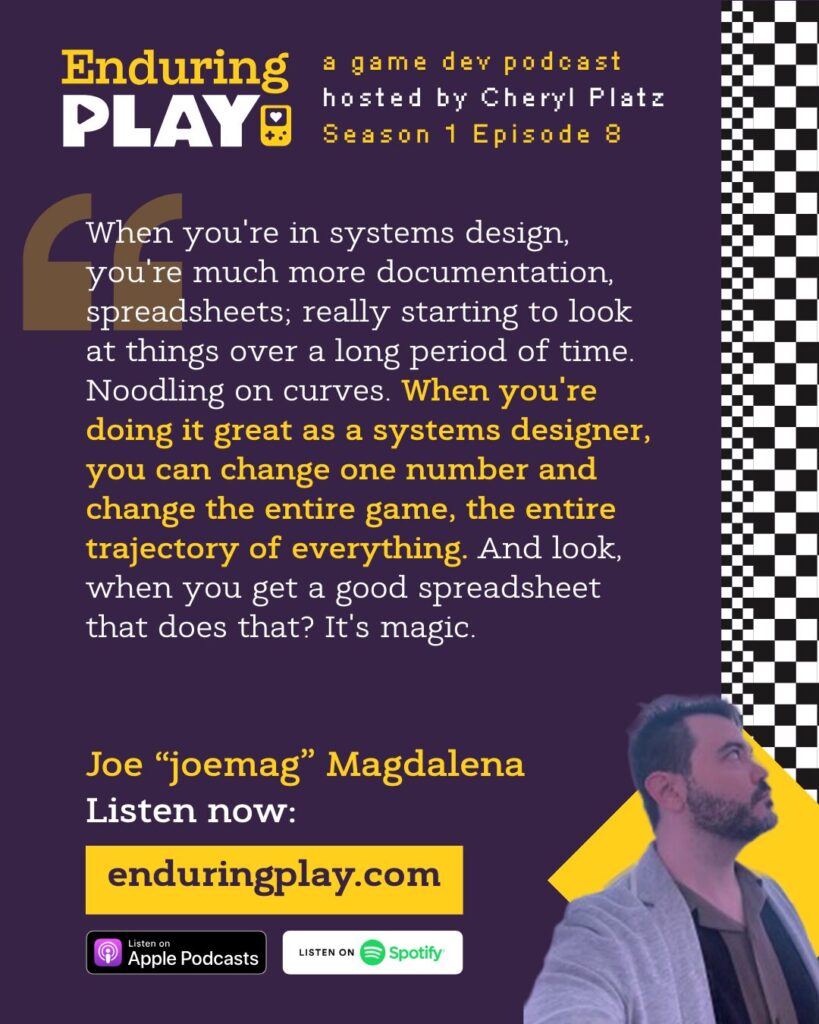
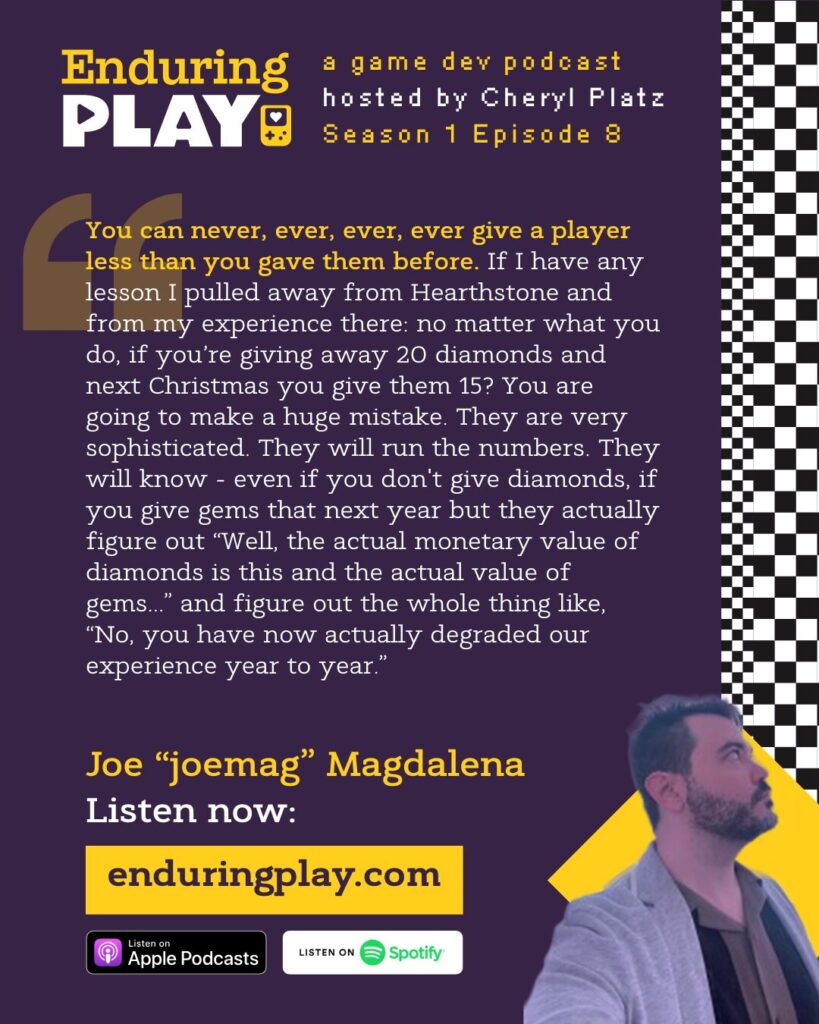
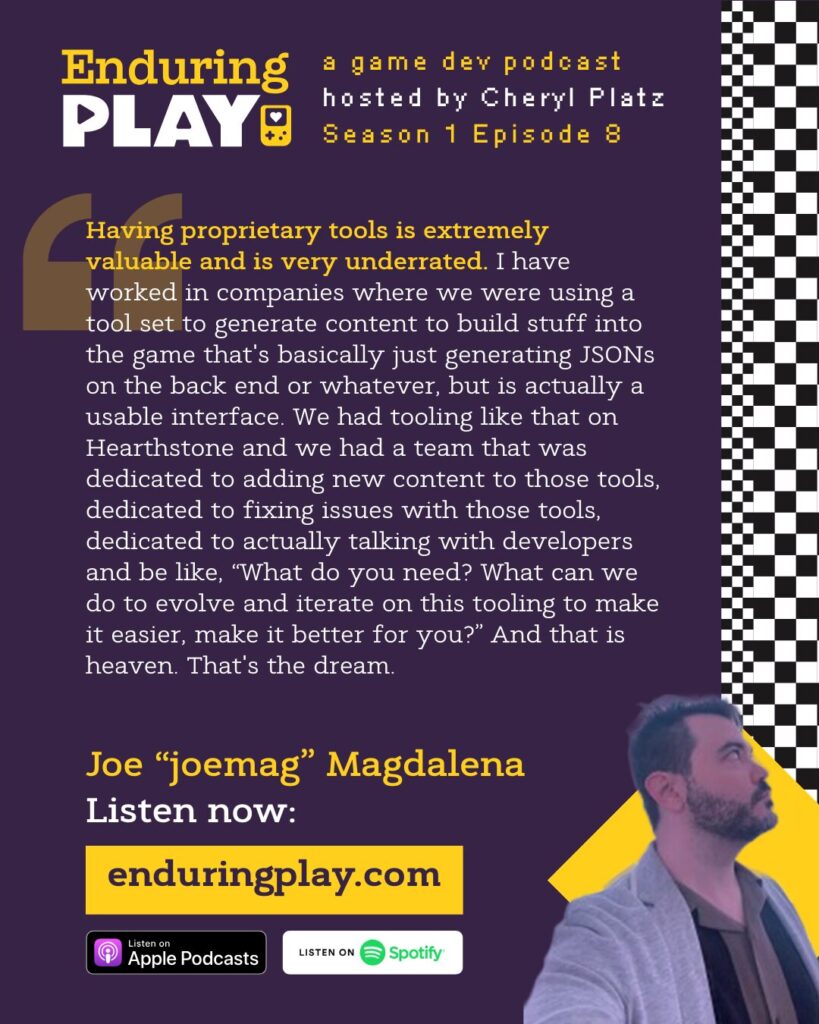
Follow Enduring Play on your favorite streaming platform
The Game Development Strategy Guide
Use code ENDURINGPLAYS1 at RosenfeldMedia.com to get 15% off your order – and all physical orders at Rosenfeld Media receive a free ebook. Podcast Season 1 discount offer expires November 30, 2025.
DISCOUNT CODE
ENDURINGPLAYS1
